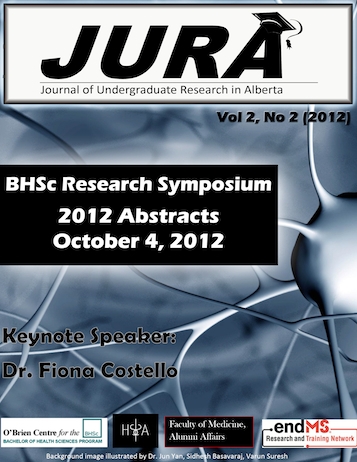Is Prenatal Stress Bad for Babies? It Depends on Maternal Perception
Keywords:
Prenatal Maternal Stress, Infant State Regulation, Fetal Programming, Infant Development, Infant BehaviourAbstract
Background: Maternal experiences of distress during pregnancy have been found to affect fetal development, showing an impact on both child developmental and behavioural outcomes later in.
Aims: To explore whether (1) psychological and physiological indicators of maternal prenatal stress during pregnancy predict infant state-regulation and (2) if these factors can have positive effects on infant development.
Study Design: Data from a prospective cohort was gathered from mothers during pregnancy and their children at 3 months of age. Using an ecological momentary assessment technique, we collected diurnal salivary cortisol, salivary alpha-amylase (sAA) and self-reported mood information over 3 consecutive days during pregnancy. Mother’s reported on their infant’s temperament (Infant Behaviour Questionnaire-Revised), amount of crying (Crying Patterns Questionnaire) and sleep (Brief Infant Sleep Questionnaire).
Data Analysis: Mother-infant pairs were divided into groups based on level of maternal psychological distress (Profile of Mood States). Separate bivariate and partial correlations between maternal indicators of physiological stress (cortisol and sAA) and infant outcomes were calculated for mother-infant pairs in the highest and lowest quartiles of psychological distress.
Results: Mothers with the highest levels of psychological and physiological distress had infants with poorest temperament, crying and sleep outcomes. In contrast, mothers with the lowest levels of psychological distress, but who had high levels of cortisol and sAA had the best infant outcomes.
Conclusion: The effects of prenatal cortisol and autonomic function (as indicated by sAA) on infant development are different for mothers high and low in psychological distress.
References
Huizink, A. C., Robles de Medina, P. G., Mulder, E. J., Visser, G. H., & Buitelaar, J. K. (2003). Stress during pregnancy is associated with developmental outcome in infancy. Journal of Child Psychology and Psychiatry, and Allied Disciplines, 44(6), 810-818.
Kaplan, B. J., Giesbrecht, G. F., Leung, B. M., Field, C. J., Dewey, D., Bell, R. C., . . . the APrON Study Team. (2012). The alberta pregnancy outcomes and nutrition (APrON) cohort study: Rationale and methods. Maternal & Child Nutrition, doi: 10.1111/j.1740-8709.2012.00433.x; 10.1111/j.1740-8709.2012.00433.x
Sadeh, A. (2004). A brief screening questionnaire for infant sleep problems: Validation and findings for an internet sample. Pediatrics, 113(6), e570-7.
St James-Roberts, I., & Halil, T. (1991). Infant crying patterns in the first year: Normal community and clinical findings. Journal of Child Psychology and Psychiatry, and Allied Disciplines, 32(6), 951-968.
Downloads
Additional Files
Published
Issue
Section
License
Authors retain all rights to their research work. Articles may be submitted to and accepted in other journals subsequent to publishing in JURA. Our only condition is that articles cannot be used in another undergraduate journal. Authors must be aware, however, that professional journals may refuse articles submitted or accepted elsewhere—JURA included.


